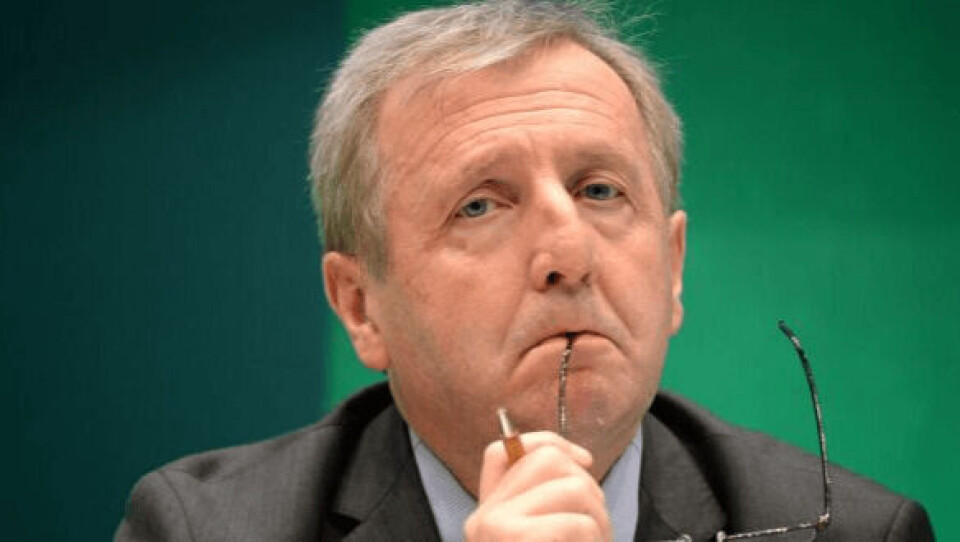
Irish aquaculture waits for answer on Covid help plea
The aquaculture sector in the Republic of Ireland is awaiting a “meaningful response” from government to its proposal for a scheme to help fish and shellfish farmers whose businesses have been hit by the effects of the Covid-19 lockdown.
IFA Aquaculture, a branch of the Irish Farmers’ Association, wants money from the European Maritime and Fisheries Fund (EMFF) re-routed to alleviate the financial impact of the pandemic and provide compensation for lost sales and stock.
As in Northern Ireland and Scotland, shellfish farmers who rely heavily on the food service market have been hardest hit. A £360,000 aquaculture support scheme for trout and oyster farmers in Northern Ireland was announced on May 26, and in Scotland the Covid-19 Aquaculture Hardship Fund offers grants to shellfish and trout producers.
A critical point for aquaculture
IFA Aquaculture’s call follows a warning from the Brussels-based Federation of European Aquaculture Producers (FEAP) on June 2 that the total closure of the important food service sector across Europe and export markets had brought European aquaculture to a critical point, and a demand that governments should divert underused EMFF cash to help producers.
“The EMFF, planned to run between 2014 and 2020 and with a budget of €6.5 billion, has been underused from its beginning for several causes and more than €1 billion remain today unspent,” stated FEAP.
“For this reason, European public administrations set their eyes on it to provide quick and targeted relief for the fisheries sector (including aquaculture) at the start of the Covid-19 crisis. The European Commission had proposed in March and April two successive amendments to the EMFF, the second of which was well targeted and could, in theory, offer effective relief to EU fish farmers.
“Both amendments were swiftly approved by the European Parliament and the Council of Europe. The FEAP appreciated that. In particular, Regulation (EU) 2020/560 could grant working capital and compensation to aquaculture farmers for the temporary suspension or reduction of production and sales or for additional storage costs occurring between February 1 and December 31 2020 as a consequence of the Covid-19 outbreak. Unfortunately, not a single Member State of the EU has still today put this regulation into practice.
“The FEAP is extremely concerned that what was envisaged to provide swift aid to the EU aquaculture sector has entered the same doldrums than the conventional EMFF regulation suffered.
“Competent authorities responsible to manage the EMFF at national and regional level are proving again that they are unable to handle these funds in an effective way.”
‘Little creativity’ from governments
FEAP said governments were showing “very little creativity and boldness” and that they should start taking care of the potential deep market crisis that will occur once the Covid-19 crisis is over “and the aquatic product markets get flooded with fish arriving from European, non-European and distant producing countries, not only from aquaculture production but also from capture fisheries”.
IFA Aquaculture has written to both the Department of Agriculture, Food and the Marine (DAFM), and to Ireland’s seafood development agency, Bord Iascaigh Mhara (BIM) with its proposal.
“DAFM must now redirect available EMFF funds as financial aid for the Irish aquaculture industry to support them in dealing with the Covid-19 crisis,” said an IFA spokesperson.
“In addition to redirecting available EMFF funds as financial aid for the Irish seafood sector, both fisheries and aquaculture, additional funding has to be pursued both at EU and national level.”






















































